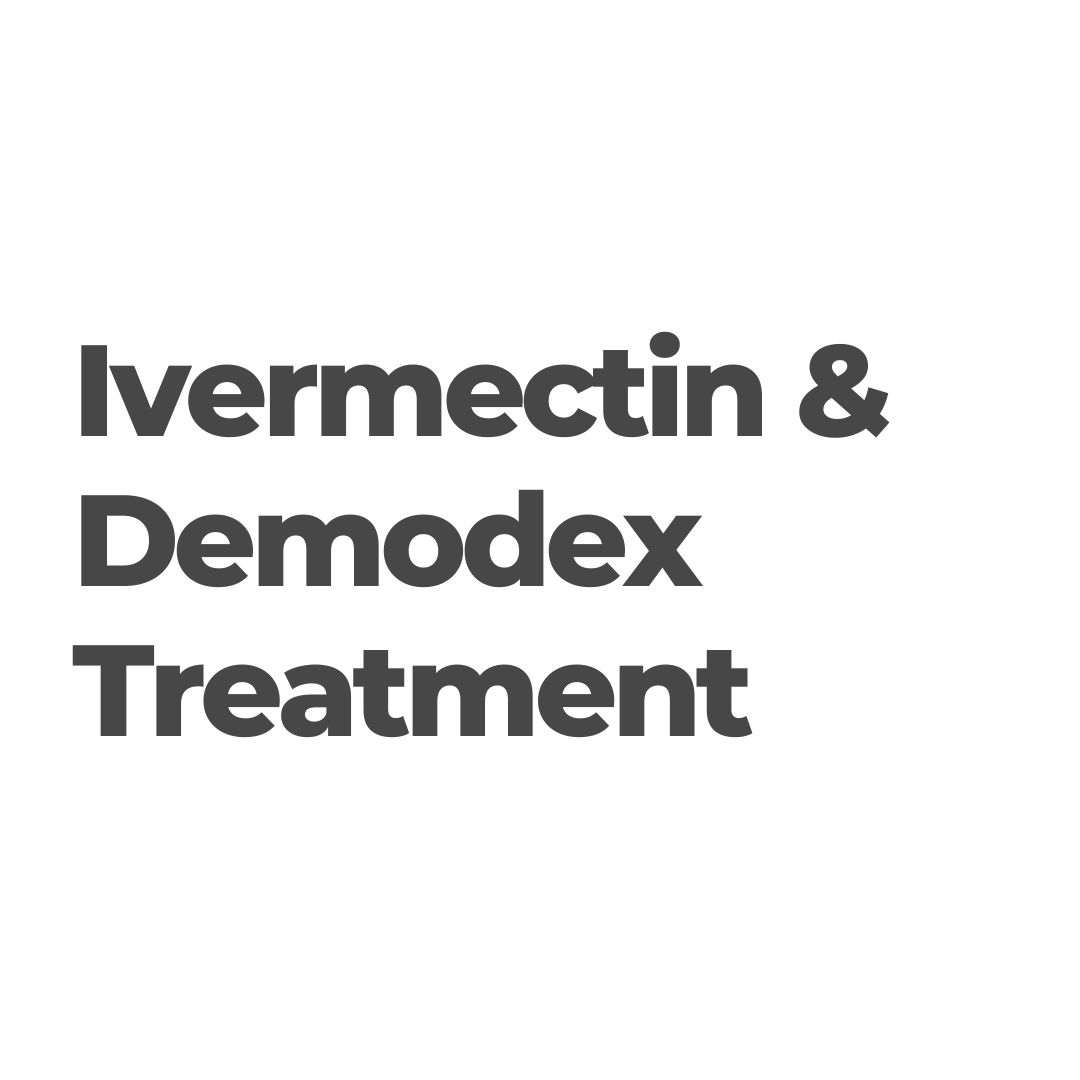Dry Eyes during Menopause
Could Menopause Be Behind Your Dry Eyes?
Navigating the journey of menopause encompasses a multitude of changes, both anticipated and unexpected. While hot flashes and mood swings typically take the spotlight, it's crucial to shed light on how menopause can affect eye health. Studies have shown that women over 50 in the United States are nearly twice as likely to experience dry eye disease compared to men in the same age bracket.
Key Insights:
- Fluctuating hormone levels during perimenopause and menopause can trigger dry eye symptoms.
- Adopting an eyelid hygiene routine and maintaining a balanced diet rich in eye-friendly vitamins can help prevent or alleviate dry eye symptoms during menopause.
- Regular eye check-ups are crucial as you age, not only to address dry eye symptoms but also to detect other age-related eye conditions early on, such as glaucoma.
Menopause
Menopause typically occurs between the ages of 45 and 55 and signals the end of reproductive cycles. At the core of this transition are hormonal fluctuations, particularly the decline in estrogen and progesterone levels. During perimenopause, the years leading up to menopause, these hormone fluctuations can induce various physical and emotional changes.
Symptoms of Menopause:
Perimenopause often begins in the mid- to late 40s, marked by irregular periods.
Other symptoms leading up to menopause include:
- Shorter or longer menstrual cycles
- Skipped periods
- Hot flashes
- Sleep disturbances
- Vaginal dryness
- Mood swings
Menopause is confirmed after a full year without menstruation. Hot flashes, vaginal dryness, and dry eye symptoms may persist into the postmenopausal years.
How Menopause affect your eyes:
The decline in oestrogen levels as women approach menopause contributes to their increased susceptibility to dry eyes. Oestrogen, beyond its role in fertility, helps maintain the delicate balance of the tear film—a complex structure comprising water, mucus, and oil. The disruption of this balance during and after menopause leads to reduced tear production and dry eyes. Additionally, hormonal changes during pregnancy or while taking birth control pills can also elevate the risk of dry eyes.
While low estrogen levels have long been associated with dry eyes in postmenopausal women, recent studies are investigating the role of androgens—sex hormones found in both men and women. Women naturally have lower levels of androgens, which further decrease after menopause. Researchers speculate that androgens play a role in regulating tear production, while the influence of testosterone remains unclear.
Understanding Dry Eye Syndrome
Dry eye syndrome, also known as keratoconjunctivitis sicca, is a prevalent concern among women in the perimenopausal and postmenopausal age group. This condition occurs when the eyes fail to produce adequate tears or when tears evaporate too quickly, resulting in discomfort and other symptoms such as a gritty sensation, burning, redness, blurred vision, and sensitivity to light.
In addition to hormonal changes, various factors contribute to dry eye development, including certain medications, environmental factors like wind or pollutants, smoking, contact lens use, and autoimmune conditions like Sjogren's syndrome. Persistent dry eye symptoms can adversely affect quality of life and potentially lead to eye infections, corneal damage, and vision impairment.
Prevention and Lifestyle Strategies
Managing dry eyes during menopause can be challenging, but adopting simple lifestyle changes can offer relief:
- Maintain a balanced diet rich in essential nutrients, including vitamin A from leafy greens and carrots, and stay hydrated to support tear production.
- Manage indoor humidity levels with a humidifier and avoid direct airflow from heaters, fans, or air conditioners, which can exacerbate dryness.
- Practice screen time awareness by taking breaks and following the 20-20-20 rule during prolonged use of digital devices.
- Limit contact lens wear, as they can worsen dry eye symptoms by disrupting tear film stability.
- Prioritize adequate sleep, as poor sleep quality can exacerbate dry eye symptoms.
Treatment Options for Menopausal Dry Eyes
Consulting an optometrist for a proper diagnosis is the first step in managing dry eye disease during menopause. Treatment options may include:
- Eyelid hygiene routines to reduce inflammation and improve oil flow to the eyes. Start by using eyelid and eyelash cleansers and warm compresses.
- Artificial tears or lubricating eye drops to supplement natural tear production.
- Hormone replacement therapy (HRT) may be considered under medical supervision to restore hormonal balance, although its efficacy varies among individuals.
- Advanced interventions such as anti-inflammatory eye drops, punctal plugs, or meibomian gland expression may be recommended for severe or chronic dry eye.
- Regular Eye Exams for Optimal Eye Health
Regular eye exams are essential for maintaining eye health, particularly during perimenopause and menopause. Annual visits to an optometrist facilitate early detection and personalized treatment plans for age-related eye conditions like dry eye disease, cataracts, and glaucoma.
Dry Eyes during Pregnancy
Why do I have dry eyes during pregnancy?
Dealing with dry eyes during pregnancy can be frustrating, especially when coupled with other prenatal symptoms like back pain, weight gain, and swollen feet.
The good news is that for most women, these symptoms are temporary and improve after childbirth. Hormonal changes are often the primary cause of dry eyes during pregnancy. If you're experiencing this, there are safe and simple remedies you can try at home to help alleviate discomfort for both you and your baby.
What are the causes of dry eyes during pregnancy?
Dry eyes during pregnancy can be attributed to various factors, primarily stemming from hormonal fluctuations and physiological changes. These alterations can lead to insufficient tear production or accelerated tear evaporation, resulting in discomfort and irritation.
Hormonal Changes:
The hormonal rollercoaster of pregnancy impacts tear film physiology, contributing to dry eye symptoms. Elevated levels of hormones, particularly prolactin responsible for milk production, may instigate immune responses leading to the breakdown of tear duct cells. Consequently, tear production becomes inadequate, exacerbating dryness.
Dehydration:
Dehydration, albeit less common, can also trigger dry eyes during pregnancy. Nausea and vomiting, prevalent in the initial trimester for some women, can lead to decreased hydration levels. Since tears play a crucial role in eye lubrication, insufficient hydration can manifest as dry eye symptoms.
Sleep Disturbance:
Sleep disturbances are prevalent during pregnancy, particularly in the latter stages. Factors like discomfort due to a growing belly, frequent bathroom trips, and heightened anxiety can disrupt sleep patterns. Inadequate sleep compromises the natural lubrication process of the eyes during rest, exacerbating dryness and discomfort.
Effective Remedies for Dry Eyes During Pregnancy:
- Eyelid Hygiene:
- Establishing a comprehensive eyelid hygiene regimen can significantly alleviate dry eye symptoms. This routine involves warm compresses, along with gentle eyelid cleansers, promoting eye lubrication and comfort.
- Hydration:
- Adequate hydration is essential for overall health and optimal tear production. Consistent water intake throughout the day can alleviate dry eye symptoms by ensuring adequate tear formation.
- Humidification:
- Using a humidifier can create a conducive environment by adding moisture to the air, particularly beneficial during sleep. Cool mist humidifiers are preferred to prevent excessive heat, which can exacerbate dryness.
- Lubricants:
- Over-the-counter artificial tears provide immediate relief from dry eye symptoms. However, it's advisable to consult a healthcare professional before usage, especially during pregnancy.





